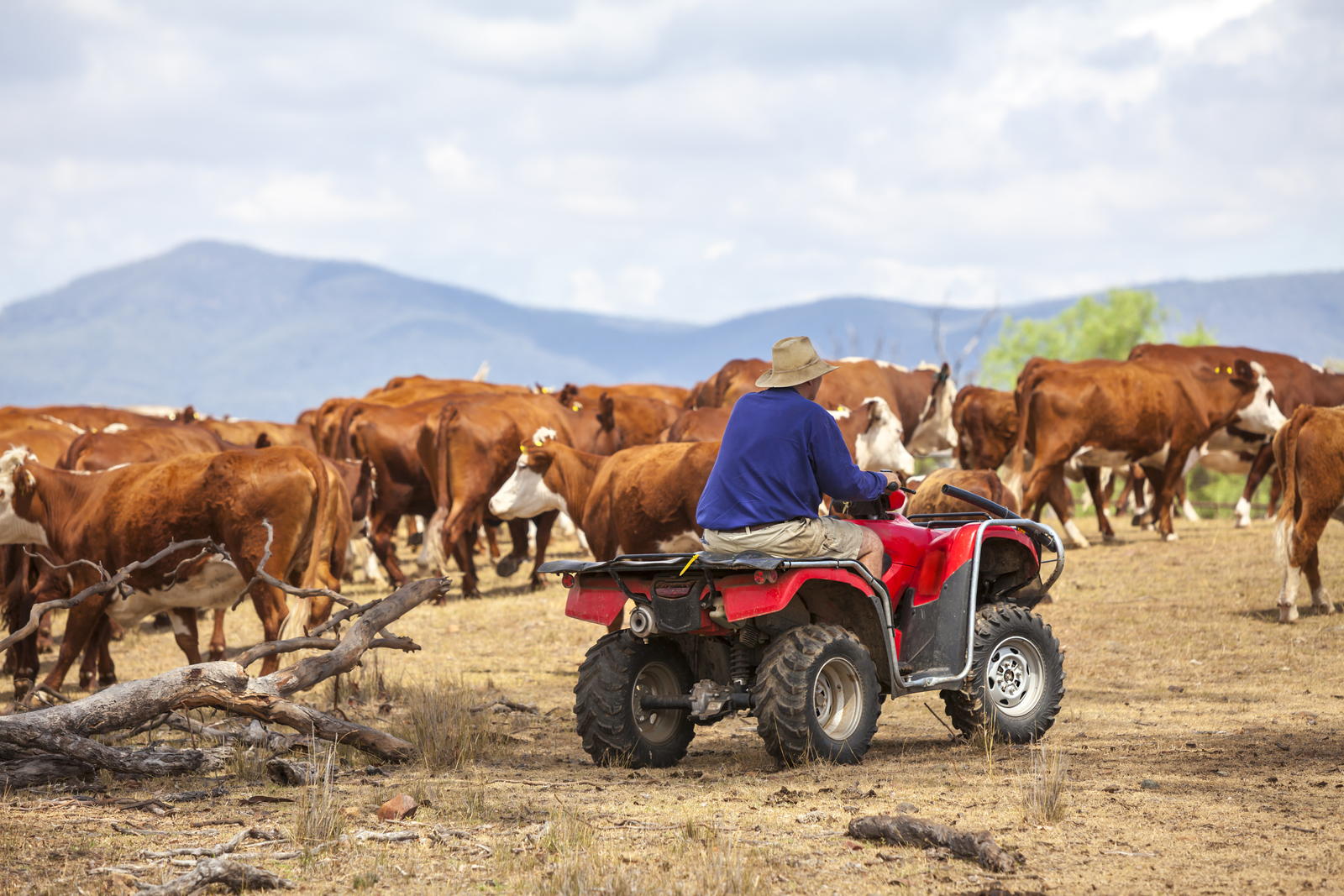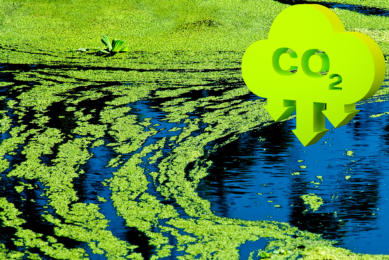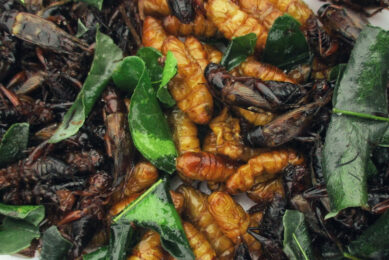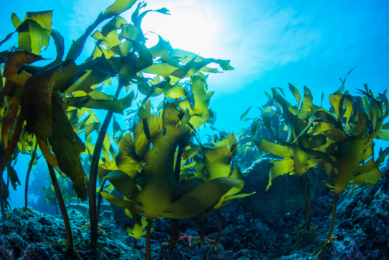Seaweed feeding to reduce methane output

Feeding seaweed to dairy cows can reduce the methane output by these animals. This is concluded from new research from CSIRO and James Cook University in Australia.
As reported by ABC, the researchers found that adding a small amount of dried seaweed to a cow’s diet can reduce the amount of methane a cow produces by up to 99%.
1 seaweed species stood out
The study started with 20 species of seaweed and this was very quickly narrowed down to 1 really stand out species of red seaweed, called Asparagopsis taxiformis. This type has been collecting off the Queensland coast. When the seaweed is harvested it is dried, and it can be added as a sprinkle essentially to the diet, just as you would add a mixture of herbs and spices to the chicken.
Read more about the use of seaweed and algae in animal feed, in the New Protein section.
To test the effectiveness of each individual seaweed species, the CSIRO created an artificial rumen. Trials are still underway to also test the effects seaweed could have on cattle production (such as weight gain).
The availability of the seaweed is still a problem. Wild harvesting is far too expensive and the resources aren’t enough. The researchers hope that they get partners on board who can produce the seaweed in a cultivation process.
[Source: ABC]











